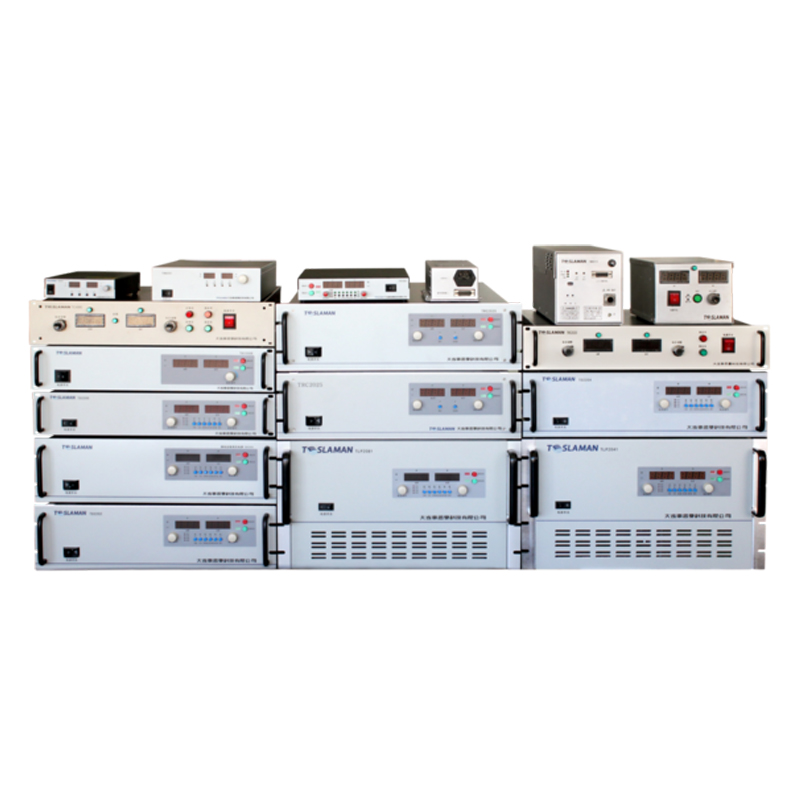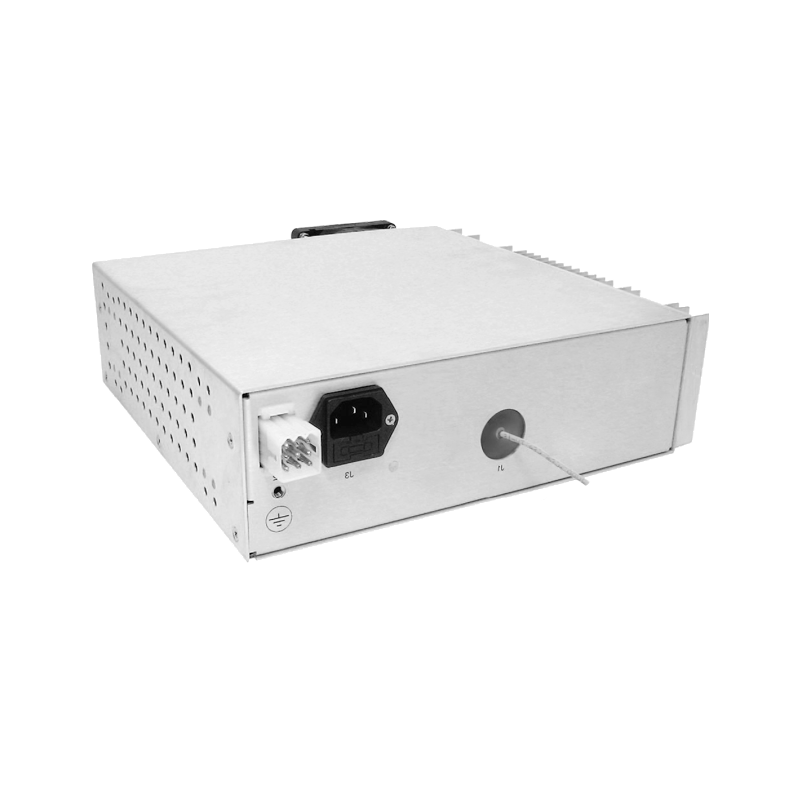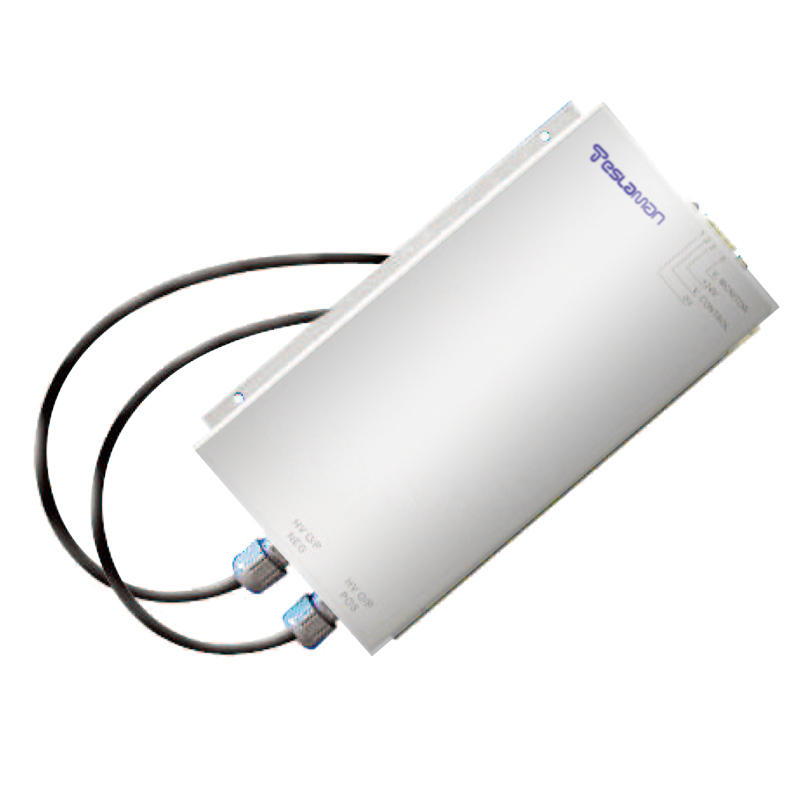Technical Applications of High Voltage Power Supplies in Water Treatment Systems
Introduction
With increasingly stringent environmental protection requirements and the growing problem of water scarcity, efficient and energy-saving water treatment technologies have become a research focus. High voltage power supplies, as specialized power conversion devices, demonstrate broad application prospects in the water treatment field due to their unique electrical characteristics and controllability. This article will explore in depth the technical principles, application scenarios, and future development trends of high voltage power supplies in water treatment systems.
Technical Characteristics of High Voltage Power Supplies
High voltage power supplies refer to electrical equipment capable of outputting voltages ranging from several thousand to several hundred thousand volts. Their core lies in achieving efficient voltage conversion and precise control through power electronics technology. Compared to traditional low-voltage power supplies, high voltage power supplies offer the following technical advantages:
1. High Electric Field Strength: Capable of generating strong electric fields, providing sufficient driving force for electrochemical treatment processes.
2. Fast Response: Modern high voltage power supplies utilize advanced switching technologies, enabling microsecond-level voltage regulation.
3. High Energy Efficiency: New topological structures achieve energy conversion efficiencies of over 90%.
4. Programmable Parameters: Output voltage, current, frequency, and other parameters can be precisely adjusted via digital control systems.
Major Applications of High Voltage Power Supplies in Water Treatment
1. Electrocoagulation Technology
Electrocoagulation is a treatment method that uses high voltage electric fields to destabilize and coagulate colloidal particles in water. High voltage power supplies play a critical role in this technology:
Generate sufficiently strong electric fields to neutralize surface charges on colloidal particles
Control electrode reaction rates to optimize metal ion release
Reduce electrode passivation through pulsed power supply, extending service life
Studies show that electrocoagulation systems using high-frequency pulsed high voltage power supplies can achieve turbidity removal rates exceeding 95%, with energy consumption reduced by approximately 30%.
2. Electrooxidation Technology
The application of high voltage power supplies in advanced oxidation processes is mainly reflected in:
Providing sufficient overpotential for electrochemical reactions to promote the generation of hydroxyl radicals and other reactive species
Controlling oxidation reaction pathways by adjusting voltage waveforms
Enabling distributed power supply for reactors, improving treatment uniformity
Particularly for refractory organic compounds, high voltage pulsed power supplies can significantly enhance oxidation efficiency, with mineralization rates exceeding 80% in some cases.
3. Electrodialysis Desalination
In membrane-based water treatment, the performance of high voltage power supplies directly affects system efficiency:
Precise voltage control optimizes ion migration rates, preventing concentration polarization
Adaptive voltage regulation responds to fluctuations in feedwater salinity
High-frequency inversion technology reduces electrode corrosion, extending membrane module lifespan
Experimental data indicate that electrodialysis systems employing intelligently regulated high voltage power supplies can reduce energy consumption by 15-20% compared to conventional methods.
4. Plasma Water Treatment
High voltage power supplies are the core equipment for plasma generation:
Nanosecond-level high voltage pulses produce high-density reactive particles
Bipolar power supply modes improve energy utilization
Resonant topological structures achieve efficient energy conversion
This technology excels in microbial inactivation and organic pollutant degradation, achieving logarithmic-scale sterilization rates within seconds.
Technical Challenges and Development Trends
Despite their promising applications in water treatment, high voltage power supplies still face several technical challenges:
1. Reliability Issues: The complex water treatment environment demands power supplies with enhanced environmental adaptability.
2. Energy Efficiency Optimization: Further improving energy conversion efficiency remains a research priority.
3. System Integration: More practical validation is needed for the synergistic optimization of power supplies and treatment processes.
4. Cost Control: Manufacturing costs for high-performance power supplies still need reduction.
Future development trends include:
Intelligent Control: Incorporating IoT and AI technologies for adaptive regulation
High-Frequency Design: Utilizing new semiconductor devices to increase operating frequencies
Modular Architecture: Facilitating system expansion and maintenance
Multi-Physical Field Coupling: Synergistic effects with ultrasound, UV, and other technologies
Conclusion
As critical equipment in water treatment systems, the technological advancement of high voltage power supplies directly impacts treatment effectiveness and energy consumption levels. With progress in power electronics, materials science, and control theory, high voltage power supplies will play an increasingly important role in water treatment. Future research should focus on the deep integration of power supplies with treatment processes and the enhancement of reliability in practical engineering applications, providing robust technical support for sustainable water resource utilization.




















